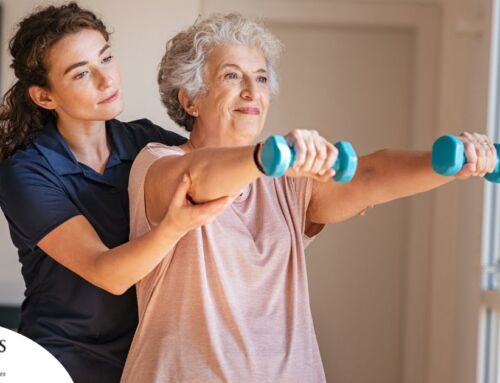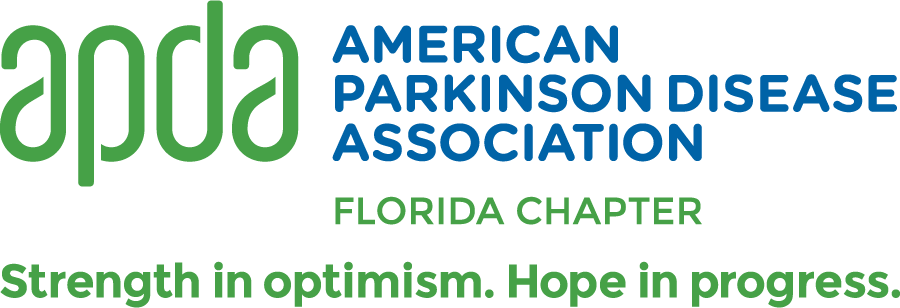When we speak of senior abuse, some examples are obvious, such as abuse in a nursing home or by a family member. Others are a little blurry. Elder exploitation is defined most commonly as financial exploitation, but the overall definition is found here. Under The Compilation Of The Social Security Laws:
“(8) Exploitation.—The term “exploitation” means the fraudulent or otherwise illegal, unauthorized, or improper act or process of an individual, including a caregiver or fiduciary, that uses the resources of an elder for monetary or personal benefit, profit, or gain, or that results in depriving an elder of rightful access to, or use of, benefits, resources, belongings, or assets.”
These types of elder exploitation, scams…come in many forms. Education is the key to not falling prey.
2 Unusual Types of Elder Exploitation
Romance Scams (Sweetheart Scams)
Even though we think, “That would never happen to me”, it happens to record numbers of people between the ages of 40 – 69. According to the Federal Trade Commission website: “Reports of money lost on romance scams increased for every age group in 2020. People ages 20 to 29 saw the most striking increase, with the number of reports more than doubling since 2019. People ages 40 to 69 were once again the most likely to report losing money to romance scams. And people 70 and older reported the highest individual median losses at $9,475.
This elder exploitation is a type of scam in which a person or contact is met, usually online. A virtual romantic relationship develops, the “target” develops trust and eventually the online partner requests money, wire transfers, gift cards (sometimes reloadable) or money orders.
How to Avoid a Romance Scam
If you meet a romantic interest online, especially one who professes love quickly, check them out or have someone you trust who is good with computers check them out for you. Signs you want to look for are:
- Unusual job – Many of these scammers post unusual jobs (where and when they are “not available” to you) such as working on an oil rig, overseas on business or working in as a doctor or in the military in a remote location.
- They have an urgent bill to pay – If there is a request for money, it will likely be for something unusual like paying for a plane ticket or surgery for themselves or a family member. Other items may be paying for customs costs to retrieve something or paying for government fees for something such as citizenship.
- They’re never able to meet in person OR they can’t video call due to location, “bad cell service”, low funds, or “emergencies” that come up.
- They may try to physically or emotionally separate your from loved ones in some way.
What to Do:
- Never send money to someone you haven’t met in person
- If you have ANY doubts, listen to the still, small voice in your head
- Speak with friends or a family member who can check them out online (cross reference information such as addresses, names and dates of birth, Google reverse-image search on photos)
- Slow the relationship down until you have researched them thoroughly
Telephone Scams
Since Covid-19 has kept many seniors in their homes for the last year and a half, phone scams are on the up rise. Here are some of the most common elder exploitation telephone scams:
- Covid-19 Vaccination Scam – If an “organization” calls you to tell you they can vaccinate you (or put you on a waiting list) for a certain amount of money, it’s a scam.
- Medicare Scam – If you receive a phone call indicating that you need a new Medicare card and you can purchase it over the phone OR you are asked to give your current Medicare information OR Social Security Card Number, it’s a scam.
- Telemarketing Scam – “Free” Trials of something, travel deals, “IRS” or “Government Department” calls or calls from a “bank” in which you are asked for ANY personal information are always scam calls.
- Fake Accident Scam – A person will call saying that someone known to or related to you has been injured and is in the hospital. They may have details about your family member, but if they ask for any money, it is a scam. Sometimes the caller says they are a lawyer, the police or a doctor in the hospital.
How To Avoid a Telephone Scam
- Never trust the Caller ID – Scammers have ways of making the Caller ID represent anything
- Don’t ever give personal information over the phone: Social Security Number, Credit Card numbers, Banking Information (even off a check), Date of Birth, Address
- Never wire money to a location given by a phone caller
- Register your phone number online with the National Do Not Call Registry. You can also call 1-888-382-1222 (TTY: 1-866-290-4236).
If you have concerns about laws and statutes regarding elder exploitation, please read further at the United States Department of Justice website.
~ ~ ~
Do you have questions about how you can better support your loved one while they age in place in South Florida? Please contact CareGivers of America here: Contact or call us toll free: 800-342-4197
*This post is not sponsored, but may contain external links to websites, articles or product examples. External links are used for example or refence purposes only and these links do not indicate specific product or website endorsement by CareGivers of America.







